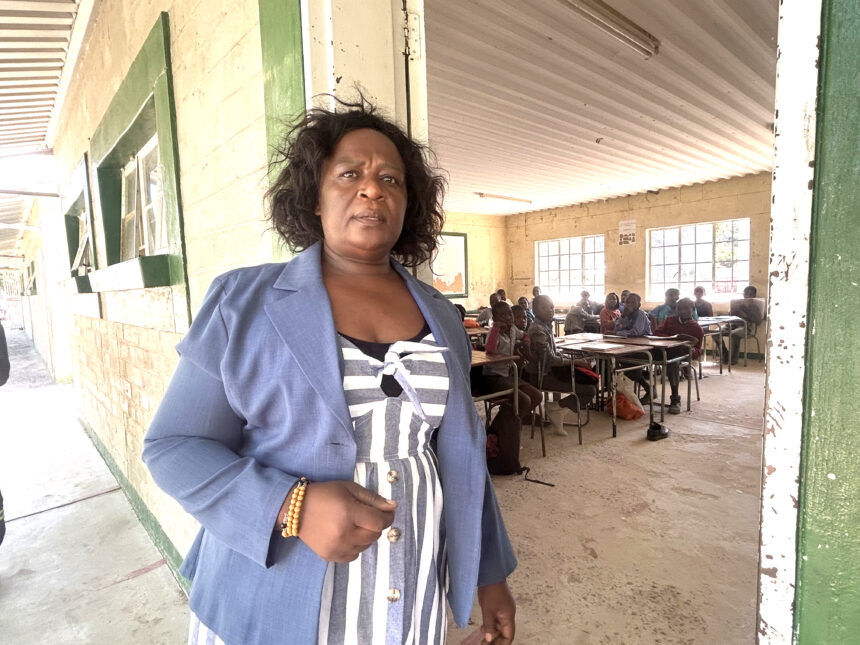NGONGA – In the remote village of Ngonga, located in the heart of Judea Lyamboloma of the Zambezi region, the daily journey to school has become a life-threatening ordeal for young learners.
The constant presence of animals such as lions, hippos, crocodiles and other dangerous wild animals has cast a shadow of fear over the community, leading to high absenteeism among pupils and disrupted learning. Cecilia Kompeli, the principal of Ngonga Primary School, has spoken out about the dire situation facing her pupils.
“Honestly speaking, our learners are in danger. They are travelling long distances, passing through thickets where these wild animals are crossing,” she said. “Teaching and learning is compromised because we start our lessons late. Learners arrive as late as 8h00, afraid to start off earlier.”
The threat is not just theoretical. Kompeli recounted a recent incident where a child was injured by a crocodile.
“In Ngonga, there is conflict between wild animals and humans. We are really in a very bad situation,” she added, explaining that even teachers and residents are forced to retreat into their homes as early as 19h00 for fear of roaming wildlife.
In response to this escalating crisis, Kompeli has made an urgent appeal to the Ministry of Environment and Tourism to take decisive action. But she also believes that a long-term solution lies in building a safe hostel for the learners—shielding them from the dangers they currently face just to access education.
“We still need to go a step further to request the amount of money which can top up on the N$2 million already received from NamPower. We are thankful to NamPower, but we still have a shortfall of about N$1.5 million to fully construct the hostel. This hostel is not just a building; it is a lifeline for our children,” Kompeli said. The school accommodates over 200 learners.
She added that, for the learners of Ngonga, safety and education should not be competing priorities. But until the necessary funds are secured, they remain at the mercy of the wild.



